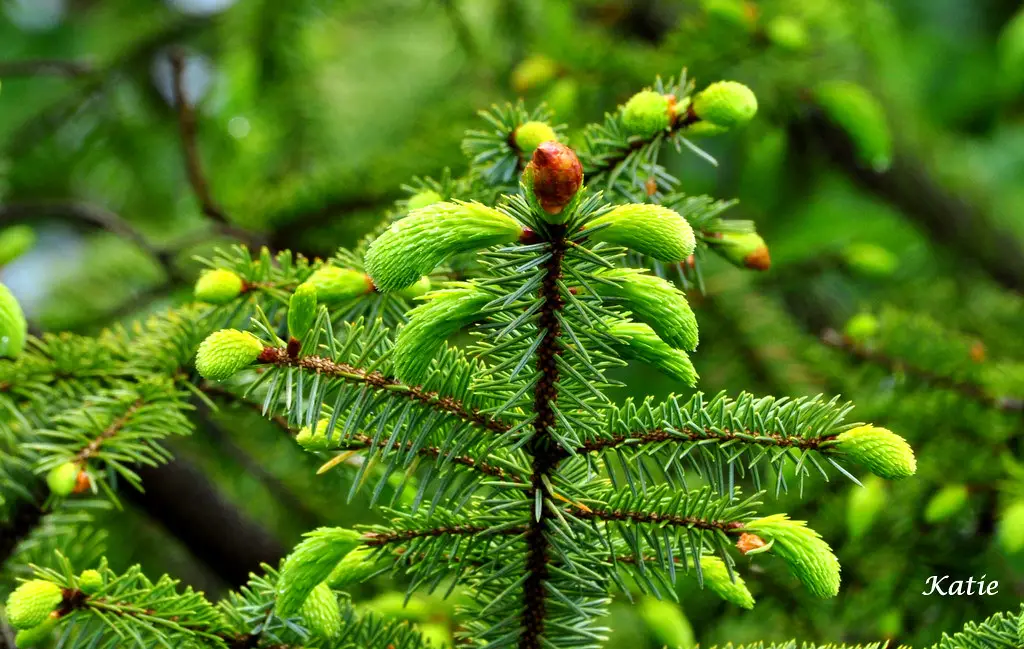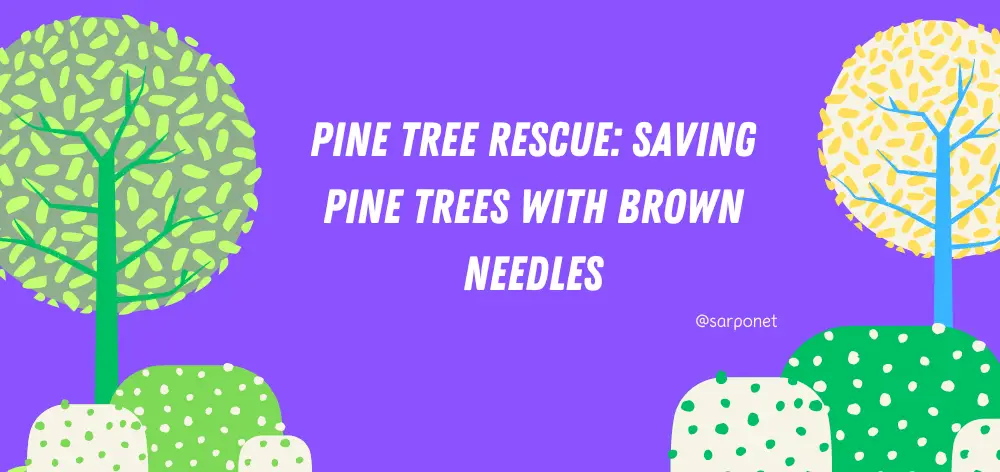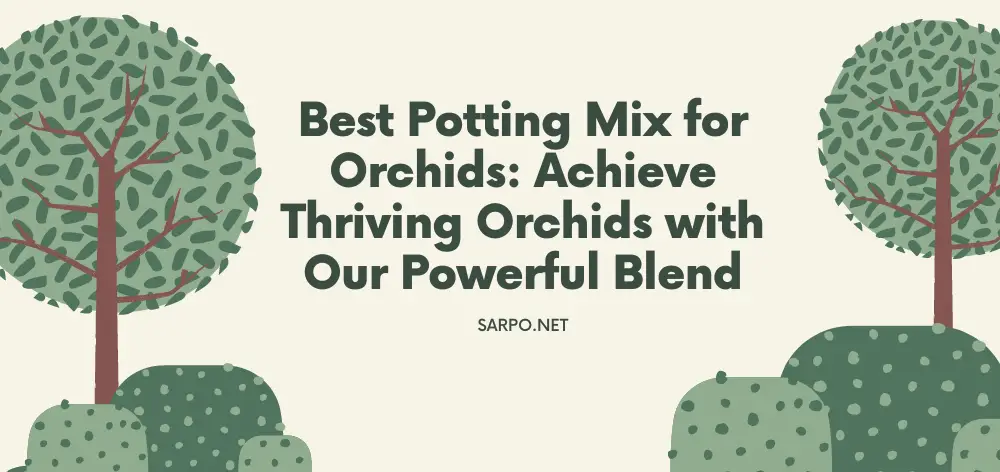How to loosen compacted soil without tilling: proven methods
Soil compaction is the process of pressing down on soil particles to make them harder and denser. This usually happens when heavy machinery or vehicles drive over the ground, compacting the soil beneath them. Soil compaction can also occur naturally over time as the weight of rocks and debris presses down on the earth below.
- Dig up the affected area to loosen the compacted soil
- Add organic matter to the soil to help improve drainage and aeration
- Mix in some sand to help improve drainage even further
- Water the area deeply and regularly to help encourage deep-root growth.
- Avoid walking or driving in the area until it has had a chance to recover.
How to Loosen Compacted Soil Without Tilling
If you have a garden or lawn, you’ve probably encountered compacted soil at some point. Compacted soil is dense and hard to work with, making it difficult for plants to grow. There are a few ways to loosen compacted soil without tilling.
One way is to use a garden fork or spade to loosen the soil in the affected area. Another way is to cover the area with organic matter such as compost or mulch, which will help to break up the compacted soil over time. If you have severe compaction, you may need to hire a professional who can use specialized equipment to break up the compacted soil.
But for most cases, using a garden fork or adding organic matter will do the trick!
Plants to Break Up Compacted Soil
Certain plants, known as “soil-busters” or “soil builders,” can help break up compacted soil with their deep root systems and natural growth habits. Here are some examples of plants that can be effective in breaking up compacted soil:
| Plant | Description |
|---|---|
| Deep-Rooted Grasses | Grasses like perennial ryegrass and tall fescue have deep root systems that can penetrate compacted soil and improve its structure over time. They are commonly used in lawn renovation projects. |
| Clover | White clover is a nitrogen-fixing plant that can improve soil health by adding nutrients and breaking up compaction. It’s often used in cover cropping. |
| Radishes | Daikon radishes, in particular, have long taproots that can penetrate compacted soil layers. Planting them as cover crops can help improve soil structure. |
| Sunflowers | Sunflowers have deep roots that can break through compacted layers. They’re also great for attracting pollinators to your garden. |
| Buckwheat | Buckwheat is a fast-growing cover crop with fibrous roots that can help break up soil compaction and improve soil quality. |
| Legumes | Plants like alfalfa and red clover have deep roots and can improve soil fertility by fixing nitrogen. They are often used in rotations to break up compacted soil. |
| Winter Rye | Winter rye cover crops can help break up compacted soil and prevent erosion during the winter months. |
These plants exert pressure on the soil as their roots grow deeper, which helps to fracture compacted layers and improve aeration and drainage. Consider incorporating these plants into your garden or landscape to address soil compaction issues over time naturally.
How Do You Fix Soil Compaction?
If your soil is heavily compacted, the particles are tightly packed together, and there is very little space for air or water to move through. This can happen if the soil is constantly wet or if it’s been trampled on by heavy machinery or foot traffic. Heavy compaction can make plants’ growth difficult, leading to drainage problems.
The best way to fix heavily compacted soil is to aerate it. This can be done with a hand-held tool called an aerator, or you can rent a machine from a garden center. Aerating the soil will break up the compacted particles and allow air and water to move more freely through the soil.

You should aerate your soil every 1-2 years to prevent compaction from happening again.
Check out our latest articles on choosing the right trees for tight spaces:
How Can I Make My Soil Less Compact?
Soil compaction is a common problem in gardens, especially if the soil is heavy or clay-based. There are several ways to make your soil less compact, including:
1. Aeration: This involves breaking up the soil so that air can reach the roots of your plants. You can do this with a garden fork or aerator tool.
2. Adding organic matter: This helps improve drainage and loosen the soil. Add compost, mulch, or other organic matter to your soil every year.
3. Improving drainage: If your soil doesn’t drain well, it will become compacted more easily. Improve drainage by adding coarse sand or grit to heavy soils and by creating raised beds or mounds for planting.
4. Avoiding traffic: Soil can become compacted from too much foot traffic or vehicle traffic (including lawnmowers and garden tractors).
To avoid this, create paths through your garden using pavers, wood chips, or gravel instead of walking on the soil directly.
Why is Soil Compaction Bad
Soil compaction is detrimental to soil health and plant growth for several reasons, and understanding why it’s bad is crucial for experienced gardeners and soil researchers. Here are the key reasons why soil compaction is considered detrimental:
- Reduced Aeration: Compacted soil has limited pore space, making it difficult for air to penetrate the soil. Adequate oxygen is vital for the roots of plants, as it’s necessary for processes like respiration and nutrient uptake. When soil lacks proper aeration, plants can suffocate, leading to stunted growth and reduced vigor.
- Poor Water Infiltration: Compacted soil also hinders water infiltration. It forms a hard, impermeable layer that prevents rainfall or irrigation water from percolating into the soil. Instead, water tends to run off the surface, leading to water wastage and increased erosion.
- Restricted Root Growth: Soil compaction constrains the ability of plant roots to expand and explore the soil for nutrients and moisture. This limits the overall size and health of the root system, resulting in weaker plants that are more susceptible to stress and disease.
- Nutrient Imbalance: Compact soil can disrupt the distribution of essential nutrients. It may trap nutrients in certain areas, preventing their movement to where plants need them. This can lead to nutrient deficiencies or toxicities, affecting plant health.
- Increased Erosion: The reduced ability of compacted soil to absorb water can contribute to increased erosion. Without vegetation to anchor the soil, erosion can strip away valuable topsoil, further degrading soil quality.
- Compromised Soil Structure: Soil compaction alters the natural soil structure, breaking down soil aggregates. This makes the soil less stable and more susceptible to erosion, compression, and crusting, exacerbating the adverse effects.
- Decreased Microbial Activity: Soil compaction can limit the movement of beneficial soil organisms, such as earthworms and beneficial bacteria. These microorganisms are crucial in decomposing organic matter and making plant nutrients available. Reduced microbial activity can disrupt the soil’s ecosystem.
- Difficulty in Planting and Maintenance: For gardeners and farmers, compacted soil is challenging to work with. Planting becomes arduous, and cultivation practices like weeding and harvesting become less efficient. It often requires more effort and resources to maintain healthy crops or gardens.
- Decreased Crop Yields: Soil compaction can significantly reduce crop yields. With restricted root growth, nutrient imbalances, and limited water availability, plants are less productive and may produce smaller, lower-quality fruits or vegetables.
In conclusion, soil compaction is detrimental to soil health and plant growth due to its impact on aeration, water infiltration, root growth, nutrient distribution, erosion control, soil structure, microbial activity, and the overall ease of gardening and farming.
Can Soil Compaction Be Reversed?
Yes, soil compaction can be reversed. Several methods can decompact soils, including mechanical, chemical, and biological methods.
How to Fix Compacted Soil Lawn
If your lawn looks unhealthy and you think the soil may be to blame, it’s time to take action. Compacted soil prevents water, air and nutrients from reaching the roots of your grass, resulting in a thin, weak lawn. The good news is that compacted soil can be fixed with some elbow grease and patience.
The first step is to figure out how bad the compaction problem is. Take a screwdriver or other sharp instrument and push it into the ground. If it penetrates more than two inches without much force, your soil isn’t too severely compacted.
However, you have serious compaction issues if pushing in even an inch or two is difficult. Once you know how bad the problem is, you can start taking steps to fix it. For minor compaction problems, simply aerating your lawn will do the trick.
This involves using a machine or tool to poke holes in the ground so that air and water can reach the roots of your grass. Aeration is best done in late spring or early fall when the ground isn’t too wet or dry. For more severe compaction problems, core aeration may be necessary.
Quick Fix: This process removes small soil cores from your lawn instead of just poking holes in the ground.
How to Fix Compacted Soil in Pots
If your soil looks a little worse for the wear, it may be time to give it a little TLC. One problem that can plague potted plants is compacted soil. This happens when the soil particles get tightly packed together, making it difficult for water and air to move through.
The good news is there are ways to fix compacted soil so your plants can thrive again! One way to improve compacted soil is by aerating it. You can do this with a garden fork or an aerating tool.
Simply insert the tool into the soil and wiggle it around to create small holes. This will allow water and air to penetrate the soil better and reach the roots of your plants. Another way to loosen up compacted soil is by adding organic matter.
This could be in the form of compost, manure, or even just some dead leaves or grass clippings. The organic matter will help break up the soil and make it easier for plant roots to spread and grow. Just be sure not to add too much at once, as this could also cause problems with drainage.
Finally, if you have terribly compacted soil, you may need to replace it entirely. This isn’t always necessary, but sometimes it’s the only way to get your plants back on track. You can buy a new potting mix or make your own using ingredients like peat moss, perlite, and vermiculite.
Whichever route you choose, dump out the old dirt, rinse your pot (if necessary), and fill ‘it up with fresh soil!
How to Reduce Soil Compaction
Soil compaction is a common problem that can have far-reaching effects on your lawn or garden. Not only can compacted soil make it difficult for plants to grow and thrive, but it can also lead to drainage problems and an overall decline in the health of your soil. There are several ways to reduce or prevent soil compaction.
Perhaps the most important thing you can do is to aerate your lawn regularly. Aeration helps to loosen compacted soils and improve drainage. Over time, this can significantly improve the health of your yard or garden.
In addition to aerating, you can also take steps to reduce traffic on areas of your lawn that are prone to compaction. If you have children playing in the yard, create designated play areas that minimize foot traffic on other lawn parts. Avoid running over wet spots or compacted areas when mowing or doing other yard work.
Finally, if you have existing drainage problems, take steps to correct them. This may involve installing drain tiles or regrading your yard so water flows away from problem areas. By taking these steps, you can help reduce soil compaction and improve the overall health of your lawn or garden.
How to Prevent Soil Compaction in Pots
As gardeners, we often face the problem of soil compaction in our pots. Several factors, including over-watering, poor drainage, and insufficient air circulation in the pot, can cause soil compaction. Compacted soil can lead to several problems for your plants, including stunted growth, yellowing leaves, and root rot.
You can do a few simple things to prevent soil compaction in your pots. First, make sure you’re not over-watering your plants. Water only when the top inch or so of soil is dry.
Secondly, ensure that your pots have good drainage by using a quality potting mix and adding holes to the bottom of your pots if necessary. Finally, make sure your pots get plenty of air circulation by placing them in an area with good airflow or using a fan to circulate the air around them. These simple tips can help prevent soil compaction in your pots and keep your plants healthy and happy!
Gypsum for Compacted Soil
Gypsum is an important ingredient in many types of compacted soils. It can help to increase the strength and stability of the soil, as well as improve its water retention properties. Gypsum can also help to reduce compaction and improve drainage in compacted soils.
How to Fix Compacted Soil Houseplant
If your houseplant’s soil is compacted, getting the water and nutrients it needs can be difficult. This can lead to unhealthy growth and eventually kill your plant. But don’t worry; there are some things you can do to fix compacted soil and get your plant back on track!
Here are a few tips on how to fix compacted soil:
- Loosen up the soil with a fork or trowel. Gently loosen the top layer of soil, carefully not damaging your plant’s roots.
- Add some organic matter to the soil. This could be in the form of compost, manure, or peat moss. This will help improve drainage and aeration in the soil.
- Water your plant profoundly and regularly. Deep watering will help break up any compaction in the soil and encourage healthy root growth. Ensure you allow the top inch or so of soil to dry out between watering sessions.
Frequently Asked Questions
How to Fix Compacted Soil in Your Vegetable Garden
To fix compacted soil in your vegetable garden, follow these steps:
Identify Compacted Areas: Locate areas with hard, compacted soil.
Loosen Soil: Use a spade or tiller to dig 12 inches deep in affected areas.
Add Organic Matter: Incorporate compost or mulch for better soil structure.
Aerate: Regularly use a garden fork or aerator to create tiny holes in the soil.
Consider Raised Beds: Raised beds prevent compaction and offer better control.
Avoid Over-Tilling: Excessive tilling can lead to compaction.
Monitor Moisture: Maintain proper soil moisture levels.
Practice Crop Rotation: Rotate crops yearly to prevent compaction.
Follow these steps to ensure your vegetable garden thrives in healthy soil.
How to fix compacted soil in raised beds
To settle compacted soil in raised beds, follow these steps:
Identify Compacted Areas: Locate areas with hard, compacted soil in your raised beds.
Loosen Soil: Use a garden fork or tiller to gently break up the compacted soil to a depth of about 12 inches.
Add Organic Matter: Incorporate compost or well-rotted organic material into the soil to improve its structure and aeration.
Aerate the Soil: Regularly use a garden fork or soil aerator to create tiny holes throughout the raised bed. This enhances air and water circulation.
Consider Raised Bed Design: If building new raised beds, choose designs that promote good drainage and aeration, such as adding gravel or a coarse bottom layer.
Avoid Over-Tilling: Avoid over-tilling, as excessive tilling can lead to compaction.
Monitor Moisture: Maintain consistent soil moisture levels to prevent future compaction.
Crop Rotation: Practice crop rotation in your raised beds to distribute root pressure evenly.
Conclusion
If your soil is too compacted, it can be difficult for water and air to reach the roots of your plants. This can lead to unhealthy plants and even death. Soil compaction can be caused by various things, including walking on wet soil, driving on damp soil, or using heavy equipment on moist soil.
You can fix compacted soil in a few ways, including aerating the soil, adding organic matter to the soil, and adding water to the soil.
Related Articles
10 Best Small Evergreen Trees with Non Invasive Roots
 Dr Ahsanur Rahman, PHD
Dr Ahsanur Rahman, PHDPine Tree Rescue: Saving Pine Trees with Brown Needles
 Dr Ahsanur Rahman, PHD
Dr Ahsanur Rahman, PHD




